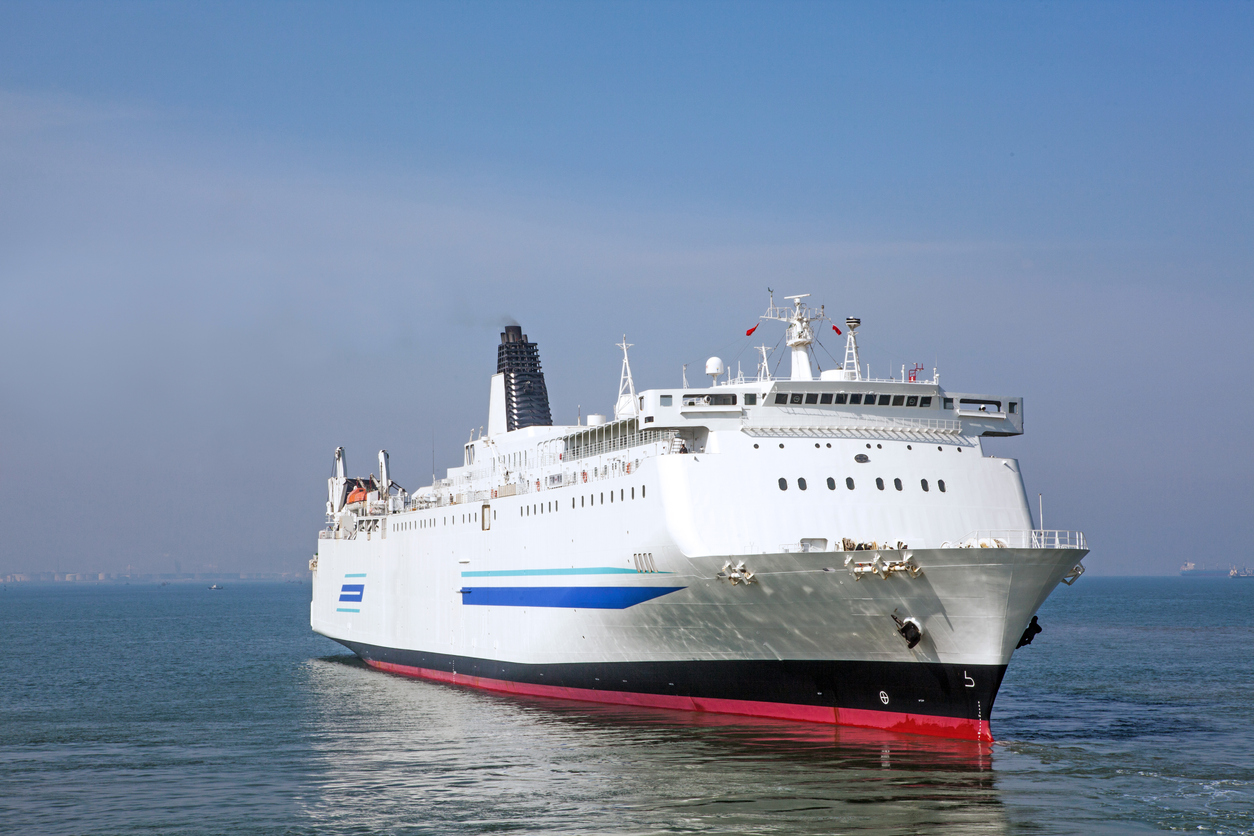The Future of Foreign Direct Investment in Nigeria: Key Trends to Watch
Foreign Direct Investment (FDI) in Nigeria continues to play a vital role in strengthening the country’s economy and boosting industrial growth. As Africa’s largest economy and a key player in regional trade, Nigeria attracts investors from across the globe seeking opportunities in sectors such as energy, manufacturing, agriculture, and infrastructure.
However, despite its potential, Nigeria’s investment climate can present both opportunities and challenges. Businesses looking to navigate this space successfully need clear insights into the trends driving foreign direct investment in Nigeria—and the strategic partners who can help them operate efficiently within the market.
Wigmore Trading, a trusted name in African trade, import/export, and distribution, provides essential support to companies aiming to expand their operations in Nigeria’s dynamic economy.
Key Drivers of Foreign Direct Investment in Nigeria
1. Expanding Infrastructure and Industrialization
Nigeria’s government has prioritized infrastructure development to improve logistics, energy supply, and transportation networks. Projects such as the Lekki Deep Sea Port, rail expansions, and power generation initiatives are helping to create a more investment-friendly environment.
For investors in manufacturing and trade, improved infrastructure reduces operational bottlenecks and increases access to domestic and regional markets. Wigmore Trading leverages these developments to help clients source and distribute goods across Nigeria and West Africa efficiently.
2. Government Policies Supporting FDI
Nigeria has implemented several reforms to attract foreign investors, including policies that encourage ease of doing business, tax incentives, and the establishment of free trade zones. The Nigerian Investment Promotion Commission (NIPC) has also introduced initiatives to protect investor interests and streamline approval processes.
These efforts have improved investor confidence and created more transparent business conditions. Companies exploring trade or wholesale opportunities can benefit by partnering with Wigmore Trading, which has extensive experience navigating Nigeria’s import/export regulations.
3. Growth in Non-Oil Sectors
While Nigeria’s oil and gas industry remains a significant draw for FDI, the diversification of the economy has opened up new opportunities in agriculture, technology, FMCG, and manufacturing.
Foreign investors are increasingly focusing on agribusiness, renewable energy, and digital infrastructure—sectors where Wigmore Trading plays a pivotal role by providing sourcing, supply chain, and distribution support.
Opportunities for Foreign Investors in Key Sectors
Agriculture and Food Processing
Nigeria’s agricultural sector offers strong returns for investors due to rising food demand and government-backed incentives for local production. From crop farming to food packaging and logistics, the opportunities are vast.
Wigmore Trading’s established network in FMCG and food distribution helps investors access high-quality products, manage logistics, and streamline operations across the supply chain.
Manufacturing and Industrial Development
Foreign investment in Nigeria’s manufacturing sector is steadily increasing, driven by demand for locally produced goods and import substitution strategies. Industries like cement, steel, and consumer goods manufacturing are expanding, supported by government-backed infrastructure projects.
Wigmore Trading supports these industries by providing reliable wholesale supply, warehousing, and distribution services, enabling manufacturers to reach their target markets efficiently.
Technology and Digital Economy
Nigeria’s tech ecosystem is one of the fastest-growing in Africa, attracting investors in fintech, telecommunications, and e-commerce. As digital infrastructure improves, foreign firms are entering partnerships with local businesses to scale innovation.
For companies exploring trade within this space, Wigmore Trading’s logistics and supply capabilities can help facilitate product movement and support smooth market entry.
Challenges Affecting Foreign Direct Investment in Nigeria
While the outlook for FDI in Nigeria remains positive, investors face several challenges, including currency fluctuations, bureaucratic delays, and infrastructure deficits. However, ongoing reforms—such as the African Continental Free Trade Area (AfCFTA) and investment in logistics corridors—are gradually addressing these issues.
Businesses can minimize these risks by working with trusted partners who understand the local environment. Wigmore Trading provides market insights, sourcing expertise, and reliable trade solutions that help companies operate smoothly in Nigeria’s evolving business landscape.
The Role of Wigmore Trading in Supporting FDI Success
As an established import/export and logistics partner, Wigmore Trading helps foreign investors and local businesses bridge trade gaps. From procurement and sourcing to wholesale distribution and transportation, the company ensures seamless operations that align with Nigeria’s trade policies and infrastructure developments.
By partnering with Wigmore Trading, investors gain a dependable ally that simplifies the complexities of doing business in Nigeria. Whether you’re entering the agricultural, manufacturing, or FMCG sector—Wigmore Trading can help.
Future Outlook for Foreign Direct Investment in Nigeria
Nigeria’s strategic location, youthful population, and resource-rich economy make it a leading destination for FDI in Africa. As government reforms continue to improve the investment climate, the country is expected to see sustained growth in sectors like renewable energy, agriculture, and digital technology.
With reliable partners like Wigmore Trading, foreign investors can leverage these opportunities, optimize their trade operations, and achieve long-term success in one of Africa’s most promising economies.
Contact Wigmore Trading today to streamline your sourcing and trading operations in Nigeria.








Comments are closed.